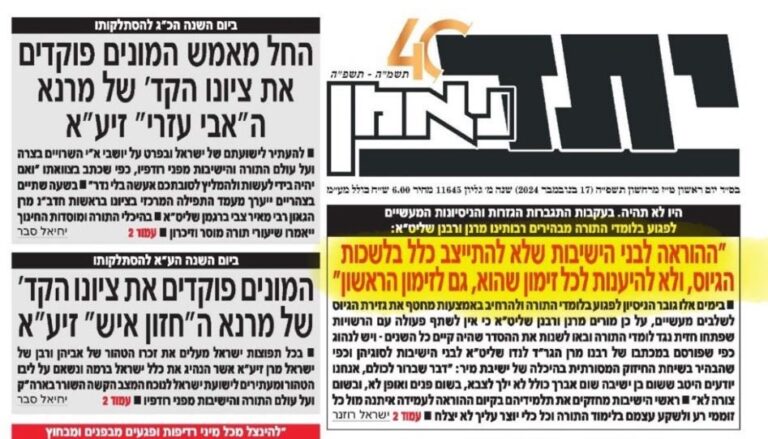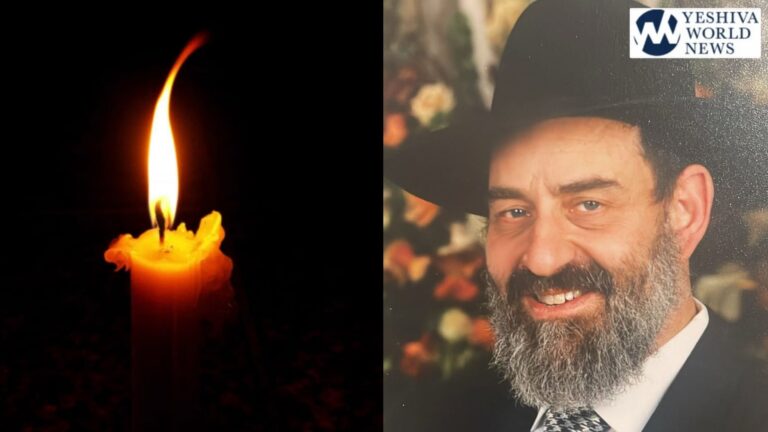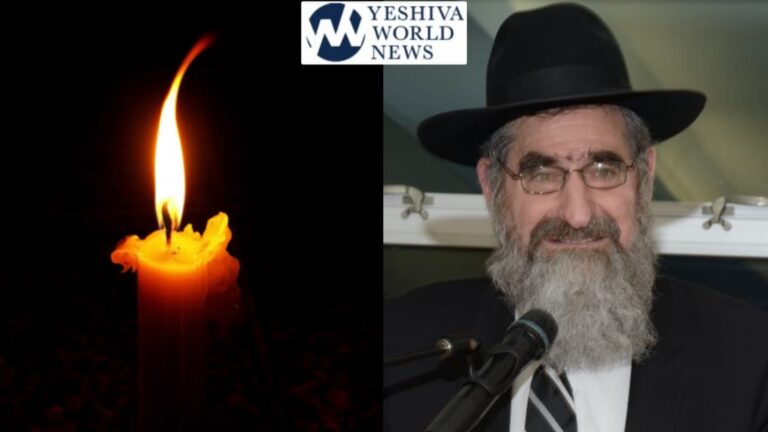 NYC is at a crossroads. Fewer than half (45%) of New York registered voters think the city is headed in the right direction, while 34% believe it’s actually heading in the wrong direction, according to a new poll commissioned by the Manhattan Institute for Policy Research and conducted by Zogby Analytics.
NYC is at a crossroads. Fewer than half (45%) of New York registered voters think the city is headed in the right direction, while 34% believe it’s actually heading in the wrong direction, according to a new poll commissioned by the Manhattan Institute for Policy Research and conducted by Zogby Analytics.
Yet despite of the challenges and the large array of candidates vying to fulfill the job, New Yorkers are not inclined to rush to the polls comes elections day. only 65.6% are definitely going out to vote on elections day, with 21.7 who are very likely to do so.
As of the nature of the electorate, minority voting blocs now make out a majority of the city’s registered voters. 22% are African American/Black, 22% Hispanic and 6% Asian. Only 44% of voters are white. Jewish voters make up 14% of the electorate.
Two-thirds of New Yorkers agree the city isn’t doing enough to encourage job creation by businesses large or small. “If the city is to compete effectively for the jobs and investments of the future, the next mayor needs to identify tax reduction as an ongoing strategic priority,” said E. J. McMahon, senior fellow at the City Journal.
75% want the next mayor to continue Mayor Bloomberg’s policies on economic development, although a majority of respondents would prefer some modifications. Only 15% want the next mayor to overturn these economic policies.
“Thanks to rising costs (especially public-sector personnel costs) and slowing tax collections, the city faces a budget scenario that will make it difficult for the next mayor to maintain basic services, much less spend additional money in ways that New Yorkers indicate they would like to see. At the same time, thanks to slowing economic growth and increases in federal, state, and local taxes, the city’s tax burden relative to its economy is at a 20-year high, which will make raising taxes difficult, if not counterproductive. All this makes it imperative that the next mayor control costs, said Steven Malanga, senior editor at the City Journal.
On public safety, the public also maintains its confidence in the NYPD, yet have reservations about the controversial Stop and Frisk tactics. Two-thirds of respondents approve of the way the New York City police are doing their job, while 30% disapprove. A majority of respondents (56%) say they trust the police, while 31% say they do not and 13% are not sure.
While 31% of respondents agree that the NYPD is the main reason that the quality of life in New York City has improved, more than half say other factors have been more influential (56%).
Educations remains the number 1 issues on top of the minds of New Yorkers. New Yorkers support bold education reforms—many of which were started by the Bloomberg administration and are beginning to show results—including the expansion of charter schools, increased accountability for teachers and schools, and a diminished role for the teachers’ union.
Two-thirds of respondents agree that principals should have the authority to select the teachers and other staff who work in their schools; just 20% disagree. 73% say teacher compensation should be based, in part, on teacher performance in the classroom. An overwhelming majority (86%) of respondents think parents should have more options when choosing their children’s schools. Among African-Americans (96%) and parents of children under 17 (90%), support is even higher.
(Jacob Kornbluh – YWN)










